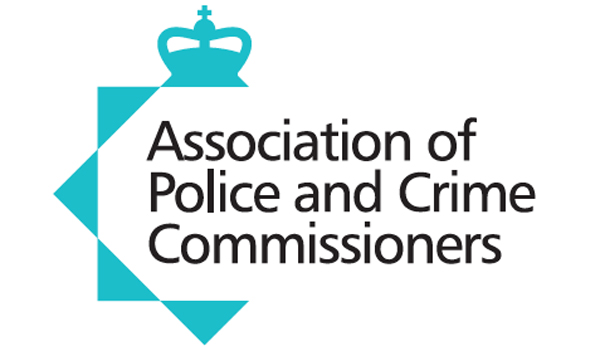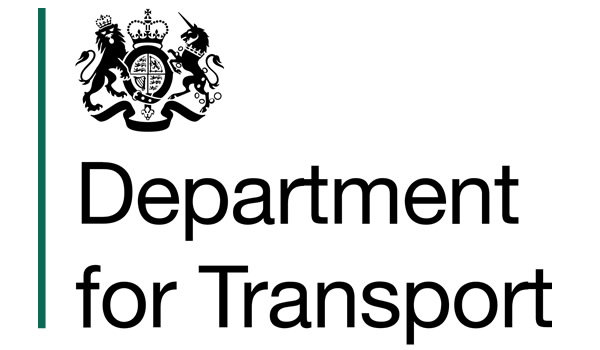No deal Brexit could leave UK with 'sub-optimal' alternatives to EU measures
Police and crime commissioners (PCCs) have warned the Home Secretary that a ‘no deal’ Brexit will mean additional resources will be needed for policing to operate efficiently and a failure to retain access to the 32 Law Enforcement and National Security Measures (LENS) when the UK leaves the EU will put public safety at risk.
In a letter sent by the Association of Police and Crime Commissioners (APCC) Brexit Working Group and signed by Conservative, Labour and independent representatives, PCCs say using non-EU tools at a time when the “threat from foreign national offenders targeting the UK from abroad is increasing” will be sub-optimal.
They also warn the Government that alternative arrangements to LENS will take time to implement and be very challenging.
The letter, signed by Matthew Scott, Lord William Bach and Martyn Underhill, the PCCs for Kent, Leicestershire and Dorset, says: “Michel Barnier’s comments during his speech of June 19, 2018 in Vienna assume that the UK Government will be unable to negotiate a security treaty which allows access to EU and Schengen only database and instruments, such as: the Schengen Information System (SISII); the European Arrest Warrant; Europol; Joint Investigation Teams; European Investigation Orders; Prüm; and the European Criminal Records Information System (ECRIS).
“This is despite the clear willingness of EU Member States wanting to continue working closely with the UK post-Brexit on policing, security and justice.
“Through discussions with the National Crime Agency (NCA) and National Police Chiefs’ Council (NPCC), we understand that considerable additional resource would be required for policing to operate using non-EU tools and that such tools would be sub-optimal – potentially putting operational efficiency and public safety at risk.”
The letter, sent on August 2, goes on to warn that law enforcement faces a challenge to implement alternative arrangements.
“It is also recognised that recruitment, vetting, and training of staff to use these tools would take a substantial amount of time. Should an implementation period not be agreed, contingency plans will need to be implemented by the end of March 2019. Given that the implementation period decision is not likely to be known until October 2018, the resultant five-month window is likely to be very challenging.
“We are therefore concerned that a ‘no deal’ scenario could cause delays and challenges for UK policing and justice agencies.”
The PCCs say that LENS tools are used on a daily basis for operational policing and unless the Government is able to negotiate the retention of these measures, police and law enforcement agencies face a significant loss of operational capacity.
“As police and crime commissioners, we are increasingly concerned that such a loss of capacity could pose significant risks to our local communities,” they added.
“These shared tools, measures, initiatives and capabilities which have been developed over the last 40 years of cooperation across the EU have saved many lives. We must find ways to protect these mutually important capabilities when the UK leaves the EU in order to ensure the safety and security all our citizens.”
The PCCs request that Home Secretary Sajid Javid:
a) Seek assurances that, whatever deal is negotiated, the need for UK policing to retain the LENS tools are prioritised;
b) Confirm that the Home Office has developed effective contingency plans for a ‘no deal’ scenario;
c) Work closely with the APCC, NPCC, and NCA in building a detailed understanding of and response to the risks potentially posed; and
d) Consider the financial provisions and additional resources required to support contingency planning work in the event of no comprehensive security treaty being achieved.
A Home Office spokesperson said the Government is confident co-operation would continue after the UK leaves the EU but it was also preparing for every eventuality, including no deal.
Responding to concerns about the potential loss of access to shared EU tools, NPCC Brexit lead Deputy Assistant Commissioner Richard Martin said: “Existing European measures, tools and mechanisms allow us to respond quickly and intelligently to crime and terrorism impacting the UK and the EU. They make us better at protecting the public. The UK is the biggest contributor of intelligence to Europol systems and leads more than half of its operational co-ordination meetings. For every one person arrested on a UK-issued European Arrest Warrant, the UK arrests eight people on warrants issued by other member states.
“From a policing perspective, it is in the interests of both sides to negotiate an arrangement that allows for continued close working, whether as part of existing mechanisms or negotiated alternatives. Without such arrangements, both UK police and EU member states will lose capabilities.
“The contingency measures we are considering will be slower, less effective and ultimately will reduce the ability to identify risk and prevent harm on both sides of the Channel.”







